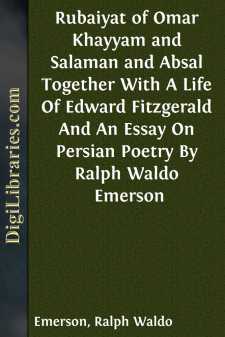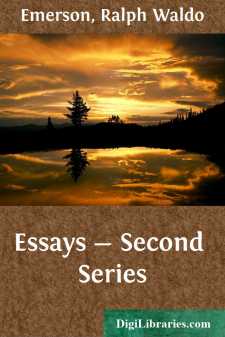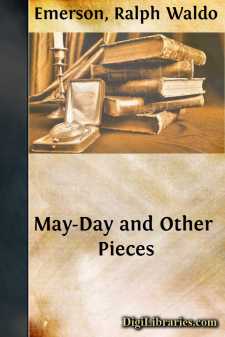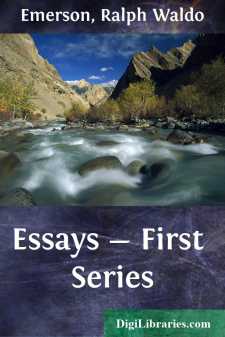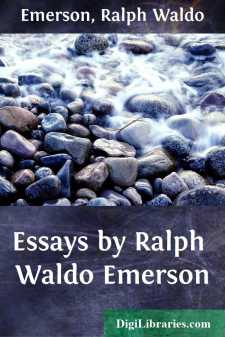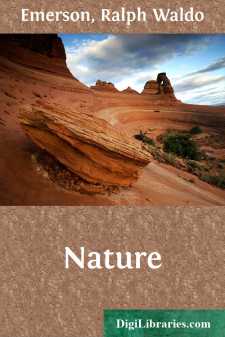Categories
- Antiques & Collectibles 13
- Architecture 36
- Art 48
- Bibles 22
- Biography & Autobiography 813
- Body, Mind & Spirit 142
- Business & Economics 28
- Children's Books 13
- Children's Fiction 10
- Computers 4
- Cooking 94
- Crafts & Hobbies 4
- Drama 346
- Education 46
- Family & Relationships 57
- Fiction 11828
- Games 19
- Gardening 17
- Health & Fitness 34
- History 1377
- House & Home 1
- Humor 147
- Juvenile Fiction 1873
- Juvenile Nonfiction 202
- Language Arts & Disciplines 88
- Law 16
- Literary Collections 686
- Literary Criticism 179
- Mathematics 13
- Medical 41
- Music 40
- Nature 179
- Non-Classifiable 1768
- Performing Arts 7
- Periodicals 1453
- Philosophy 64
- Photography 2
- Poetry 896
- Political Science 203
- Psychology 42
- Reference 154
- Religion 513
- Science 126
- Self-Help 84
- Social Science 81
- Sports & Recreation 34
- Study Aids 3
- Technology & Engineering 59
- Transportation 23
- Travel 463
- True Crime 29
Rubaiyat of Omar Khayyam and Salaman and Absal Together With A Life Of Edward Fitzgerald And An Essay On Persian Poetry By Ralph Waldo Emerson
Categories:
Description:
Excerpt
TO E. FITZGERALD.
Old Fitz, who from your suburb grange
Where once I tarried for a while,
Glance at the wheeling Orb of change
And greet it with a kindly smile;
Whom yet I see, as there you sit
Beneath your sheltering garden tree,
And watch your doves about you flit
And plant on shoulder, hand and knee,
Or on your head their rosy feet,
As if they knew your diet spares
Whatever moved in that full sheet
Let down to Peter at his prayers;
* * * * *
But none can say
That Lenten fare makes Lenten thought,
Who reads your golden Eastern lay,
Than which I know no version done
In English more divinely well;
A planet equal to the sun;
Which cast it, that large infidel
Your Omar: and your Omar drew
Full-handed plaudits from our best
In modern letters....
Alfred, Lord Tennyson.
Edward FitzGerald was born in the year 1809, at Bredfield House, near Woodbridge, Suffolk, being the third son of John Purcell, who, subsequently to his marriage with a Miss FitzGerald, assumed the name and arms proper to his wife’s family.
St. Germain and Paris were in turn the home of his earlier years, but in 1821, he was sent to the Grammar School at Bury St. Edmunds. During his stay in that ancient foundation he was the fellow pupil of James Spedding and J. M. Kemble. From there he went in 1826 to Trinity College, Cambridge, where he made the acquaintance of W. M. Thackeray and others of only less note. His school and college friendships were destined to prove lasting, as were, also, all those he was yet to form.
One of FitzGerald’s chief characteristics was what might almost be called a genius for friendship. He did not, indeed, wear his heart upon his sleeve, but ties once formed were never unloosed by any failure in charitable and tender affection on his part. Never, throughout a lengthy life, did irritability and erratic petulance (displayed ’tis true, at times by the translator of “that large infidel”), darken the eyes of those he honoured with his friendship to the simple and whole-hearted genuineness of the man.
From Oxford, FitzGerald retired to the ‘suburb grange’ at Woodbridge, referred to by Tennyson. Here, narrowing his bodily wants to within the limits of a Pythagorean fare, he led a life of a truly simple type surrounded by books and roses, and, as ever, by a few firm friends. Annual visits to London in the months of Spring kept alive the alliances of earlier days, and secured for him yet other intimates, notably the Tennyson brothers.
Amongst the languages, Spanish seems to have been his earlier love. His translation of Calderon, due to obedience to the guiding impulse of Professor Cowell, showed him to the world as a master of the rarest of arts, that of conveying to an English audience the lights and shades of a poem first fashioned in a foreign tongue.
At the bidding of the same mentor, he, later, turned his attention to Persian, the first fruits of his toil being an anonymous version, in Miltonic verse, of the ‘Salámán and Absál’ of Jámi....


